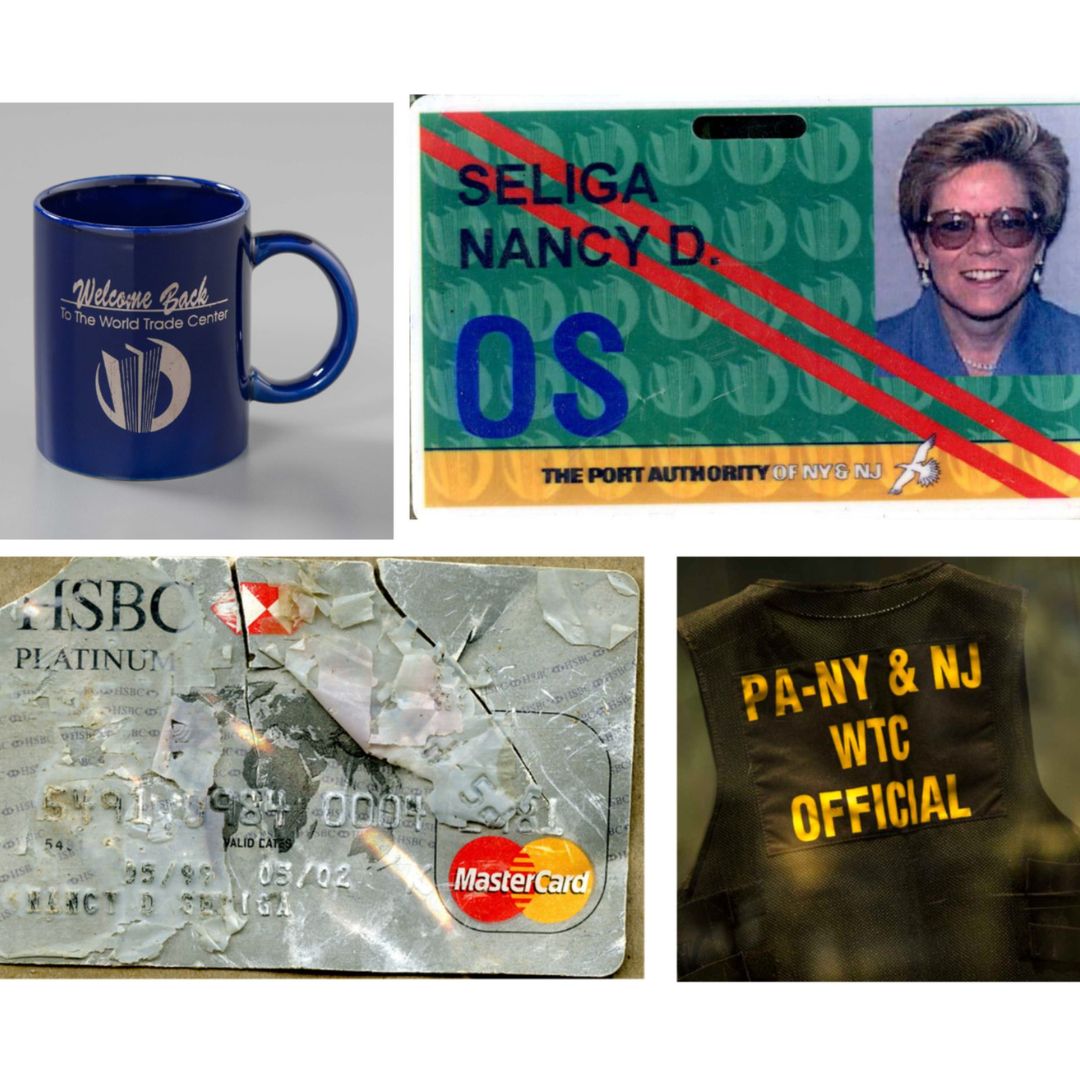Make a donation to the museum
30 Years Later: Alan Reiss Reflects on the 1993 WTC Bombing
30 Years Later: Alan Reiss Reflects on the 1993 WTC Bombing
- February 20, 2023
For nearly two decades, Alan Reiss has served as the liaison between the Port Authority and its memorial foundation. As the director of the original World Trade Center on 9/11 and of World Trade Center Construction for the past 10 years, he’s considered an expert on the space and serves as "on-call historian" for the 9/11 Museum. Having survived both 9/11 and the February 26, 1993 bombing, he has made it his mission to continue supporting the families of the victims and ensure we never forget these horrific events.
With the 30th anniversary of the 1993 bombing upon us, we sat down with Alan to hear his story and his perspective on the impact that first attack had on New York City, the World Trade Center, and his own life.

Courtesy Alan Reiss
Tell us about your personal experience on February 26, 1993, and what memories stand out the most 30 years later.
I was returning to my office in the second sub-basement when the bomb went off. The sound was not as loud as you might expect, certainly not ear-splitting, a boom. A large piece of steel flew down the hall and nearly hit me. In a span of perhaps a second I yelled, “It’s a bomb – everyone get out.” I helped the injured to the street by walking them up the car ramp.
That was the beginning of a long day and night. I remember calling my wife and mother to say that I was ok but don’t expect to see me for a while.
In the eight years between the two attacks, how did the impact of what happened in 1993 affect you and connect you to other survivors?
It certainly impacted me – for years when I would hear loud noises, like a dumpster being dropped off, I would flinch. I had lost some close friends at the PANYNJ, but I had no time to mourn because I had to help rebuild and support the families of the victims. That process led to the establishment of the human resource staff to make sure families and children were taken care of. We made sure that we never forgot the agency staff or civilians killed that day.
What do consider the legacy of 1993? How did it affect history and/or the city's narrative?
I would say America’s innocence was lost; terror had come to our shores. But also the community in New York City rallied to help, we stood firmly as one against a common enemy.
As a two-time survivor, what do you wish more people understood about the attacks?
Every day is precious and take nothing for granted. Tell that person you love them, and don’t let it go for another day. We are still losing people from the impact of 9/11. These were not just past events of two or three decades ago, but they are still with us – with me – today.
By 9/11 Memorial Staff
Previous Post
A Look Back at 2022 With Elizabeth L. Hillman

Our new President and CEO looks back on the highlights of 2022 with a hopeful eye on the coming year.
Next Post
Rescue & Recovery: In Their Own Voices With Nancy Seliga

Nancy Seliga worked for the Port Authority for nearly four decades, surviving both the 1993 bombing and the 9/11 attacks on the World Trade Center. In this installment of our Rescue & Recovery: In Their Own Voices series, Nancy looks back on these horrific moments in history and shares her perspectives on their aftermath.